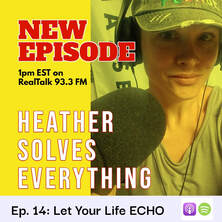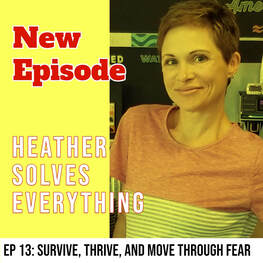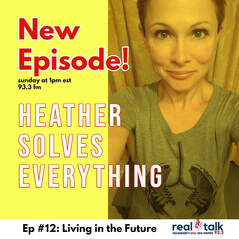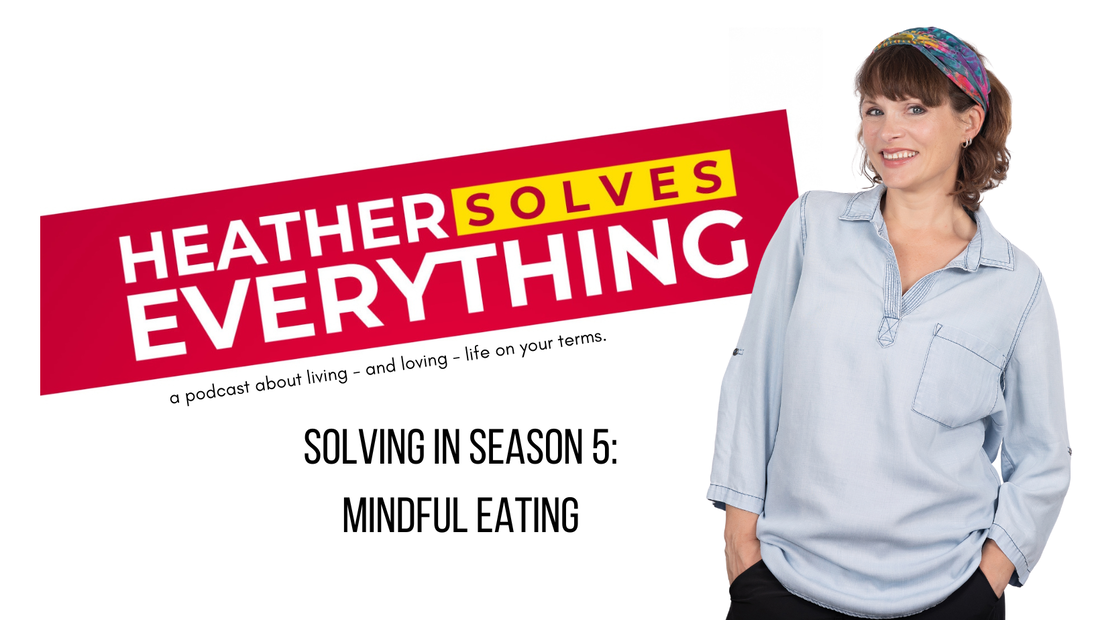
Today we are talking about $25,700. That’s the threshold of what the United states considers to be living in poverty for a family of 4.
That includes minimum wage workers, sometimes even holding down multiple jobs. This includes seniors living on fixed incomes. It includes people who are suddenly out of work and scrambling to get a new job before their savings runs out. We know that poverty doesn’t discriminate, but it also doesn’t affect everyone equally. Poverty affects women more than men. In 2018 the poverty rate for married couples was only 4.7% - but for single-parent families ranged between 12.7% and 25% with the higher percentage being for households headed by women. Nearly 4 million people living with a disability live in poverty. That’s the problem we are tackling today, along with ways we can use what we’re good at and passionate about to be part of the solution. My guest today is Freddy Branham, the Executive Director of ECHO Outreach Ministries, a faith-based organization that works against poverty and FOR economic opportunity for at-risk populations. He’s a graduate of Florida State University with degrees in Finance and Management Information Systems, and began a career in business development for the technology field. He got his start in human services when he managed the school nutrition program for the Florida Department of Agriculture & Consumer Services. Now, he brings an employer-led business perspective to the social services arena. He works to connect the strengths and networks of the private sector to the efforts of non-profits beyond donations and into collaboration.
0 Comments

Today’s topic… scares me. It might scare you, too, and I want you to know that some of our conversation today might be troubling. But I encourage you to listen, because it’s important, and you can help solve a big problem today.
We’re talking about a billion-dollar global business, one that is surrounded by controversy, which affects millions of people worldwide, and it’s scary to say, but Florida is one of the nation’s leaders. It’s scary because this business is human trafficking. Human trafficking can happen to anyone but some people are more vulnerable than others. Today we’re going to hear from Robin Hassler Thompson, Executive Director of the Survive and Thrive Advocacy Center. We’re going to learn what we need to know about this problem, clear the air on some myths and truths, hear about an important way we can all help, and discover how we can be a hometown hero and build a safer community. Robin Hassler Thompson, M.A., J.D., is the Executive Director of the Survive and Thrive Advocacy Center (STAC), an anti-trafficking non-profit she co-founded in 2015. She co-chairs the Big Bend Coalition Against Human Trafficking and is a member of its Social Services Committee. In 2001 she traveled to Bangladesh on a U.S. State Department mission, which included a visit to a trafficking rescue shelter in Dhaka. This so inspired her that since, she has directed and collaborated in many anti-trafficking projects, trains extensively, and has authored publications and curricula, including a course for the Florida Medical Association. 
As we record this episode, my phone is still buzzing with updates from family and friends who are cleaning up in the wake of Hurricane Ida, which came ashore Louisiana's coast on the 16th anniversary of Hurricane Katrina.
As many of us can recall, Katrina devastated the New Orleans region, in some places rendering it almost permanently inhabitable. The social and economic factors of that reality stand side by side with the physical infrastructure of the buildings, roads, and bridges that have to withstand powerful storms in that area. I remember driving through the rubble of Hurricane Katrina, seeing houses that had been demolished and thinking through the different scenarios that may have given the structures a better chance of survival. As we face issues like climate change, increasingly stronger tropical storms, sustainability issues in construction, and the ever-present elephant in the room of affordable housing, it can be overwhelming to figure out what to do about it. Well this is a problem-solving show, so today I have as my guest one powerhouse member of a team that has a really exciting solution to a lot of those problems. We’re going to talk about innovations in building, dignified housing, and the power of collaboration. Kyndra Light is the CEO of Gulf Coast Additive Manufacturing & Design, a company specializing in the support and application of 3D printing in the construction field. And Precision Building and Renovating. She holds a master's degree in Leadership and Policy from Florida State University and a graduate certificate in Additive Manufacturing from the Massachusetts Institute of Technology. In addition, she possesses multiple certifications in community development and has over 20 years of experience in executive strategy solutions. She has been widely recognized for her work in education and community housing development as well as work in the advancement of fair-trade and environmental conservation practices in the construction industry. No matter what the job, she jumps in with passion and excellence as a standard. |
About the ShowWelcome to Heather Solves Everything, a show where I take credit for solving your problems by introducing you to smart people with good ideas. Archives
January 2024
Categories |

 RSS Feed
RSS Feed